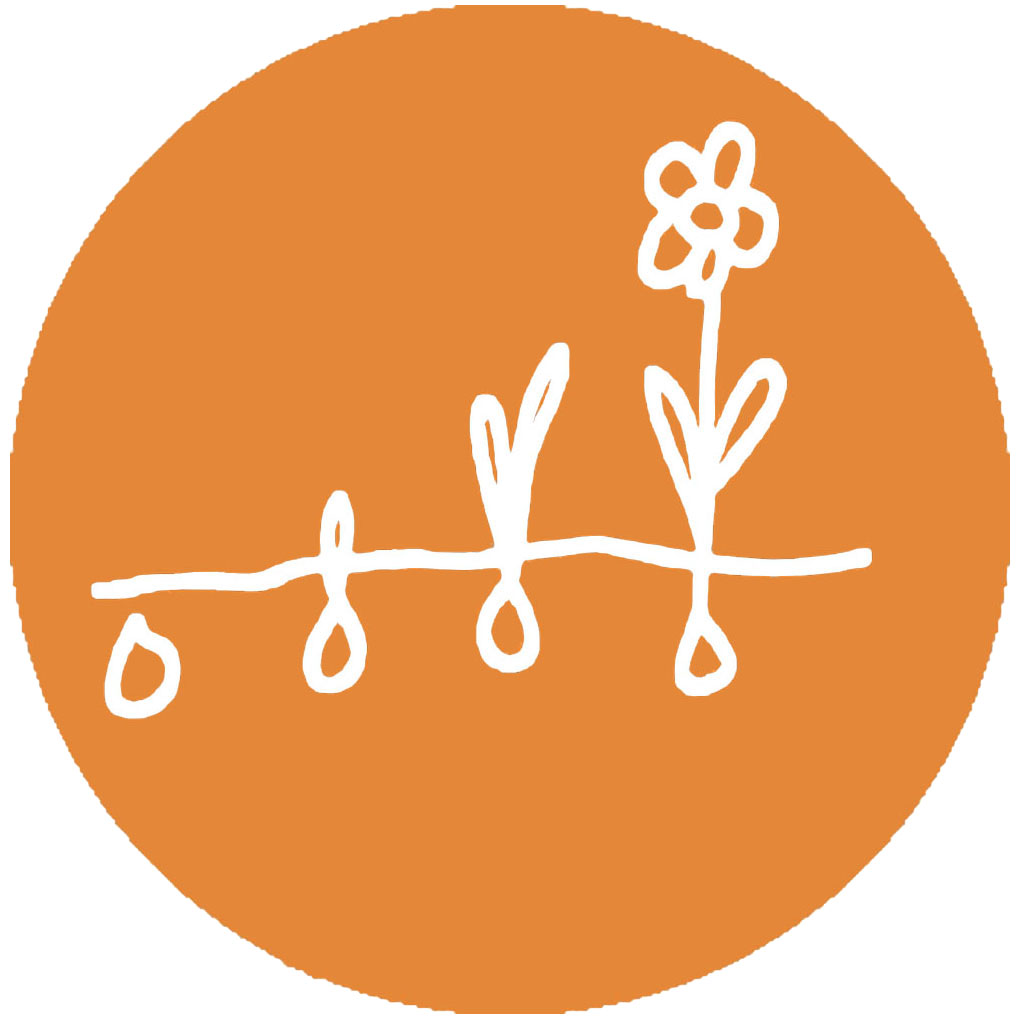Creating Social Enterprises
We put our money where our mouth is. Our first social enterprises include a Community Restaurant, and Chef Clothing Business both in Kathmandu. We also make lightweight shopping bags as part of an Environmental Project
Our ultimate goal is to create a social enterprise in the education field.
... so watch this space!
Creating partnerships
We partner well established, locally run Organisations in Nepal with a great track record of benefiting their communities. We contribute our biggest strengths and together, we create powerful projects. We also encourage and support small organisations that we see doing a great job and who need a leg up.
Creating skills training & employment
Lack of education and skills training is one of the root causes of poverty. Our skills training programs raise self esteem and our social enterprises provide the follow up employment opportunities. The two go hand in hand.
Filling the gap with strong marketing
Making stuff is the easy bit. Selling it is, much harder ... especially in Nepal.
We create connections in Nepal and Australia and provide a conduit for our partners to sell their products. Our charity status in Australia puts us in an ideal position to compete, while at the same time pay our employees well.
Our Mission
We exist to put an end to the suffering caused by poverty and social injustice. Our mission is to create workable and sustainable structures so that marginalised communities have the freedom to create secure, satisfying and productive lives of their own making.
We follow the 7 PRINCIPLES of SOCIAL BUSINESS
Our business objective is to overcome poverty as opposed to profit maximization.
Our goal is financial and economic sustainability.
Our investors will be repaid their investment amount only. No dividend is given beyond investment money.
When investment amount is paid back, our company profit stays with the company for expansion and improvement.
We are gender sensitive and environmentally conscious.
Our workforce gets market wage with better working conditions.
We do it with joy!
Muhammad Yunus (father of Social Business)
What We've Achieved
Sarangi Chef Clothing
We have created a chef clothing social enterprise with a growing number of prestigious clients in Kathmandu which include Hyatt Regency Hotel, Annapurna Hotel and Gate College. Through this enterprise, we have provided sewing employment and training to over 30 local people.
Sarangi Shopping bags -
We create environmentally friendly, lightweight shopping bags that tell our 'Women's empowerment' and 'Care for the environment' story. This project enables 1st World supporters to participate in our project in a meaningful and rewarding way.
The artwork on our bags celebrates our Australian/ Nepali partnership. Half the 1st range displays Mithila, a traditionally women's only art form. The other half, displays artwork created by Aboriginal women artists in Yuendumu, a remote community in the Northern Territory of Australia. The bags are being sewn in Nepal as part of an skills training and employment-generating program.
Our ultimate goal is to work with women artists in vulnerable communities all over the world.
The shopping bags are simply stunning and we are looking for partnership with retailers that are genuinely interested in making a difference, and at the same time, see this as an exciting business opportunity.
Mural work
Since 2020 we have worked closely with the Australian Embassy through their Public Diplomacy Program to create three murals in Nepal. We partnered with Relative Nepal, a local NGO in Janakpur that supports traditional women Mithila artists.
We are very proud of our murals which can be found at -
The entrance of the Australian Embassy in Kathmandu
Lalgadh Leprosy Hospital in Dhanusha in District 2
Tilganga Institute of Ophthalmology in Kathmandu
Telling stories through art … the back story
Sandra Fiedeldy, the director of Sarangi Social Enterprise in Australia, first became aware of ‘Mithila art’ as powerful storytelling medium, at a Social Business Day event at the Hyatt Hotel in Kathmandu in 2017.
By pure chance, she came across some women in very beautiful traditional dress, selling their artwork, and after some digging, came to hear that they were from Janakpur in Southern Nepal.
What made the artwork so special, was that it was a traditionally ‘women’s only’ art form. Passed on from mothers to daughters, she discovered that Mithila has been painted on the walls of houses and temples in Nepal and India for centuries. Enmeshed in the artwork, the stories are deeply cultural, often historical and mostly mythical. The stories relate to their gods and important ceremonies like marriages, and more commonly, simple daily life activities.
As an art form with seemingly limited economic potential, fewer and fewer girls have been interested in learning this skill. More recently, local organisations like Relative Nepal and the Janakpur Women’s Development Centre have been revitalizing the form and finding ways to create avenues of income for the artists. More recently opportunities to express women’s issues in Nepal, which is a traditionally patriarchal society, are being created.
It took some time to connect the dots, but after sharing the artwork with some friends in Australia, the idea to create inspiring and colourful shopping bags seemed like a powerful way to economically empower the women of Janakpur while at the same time preserving this valuable cultural skill.






